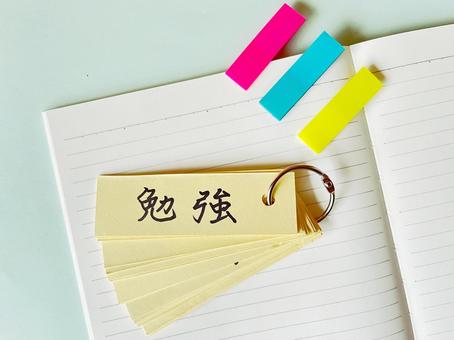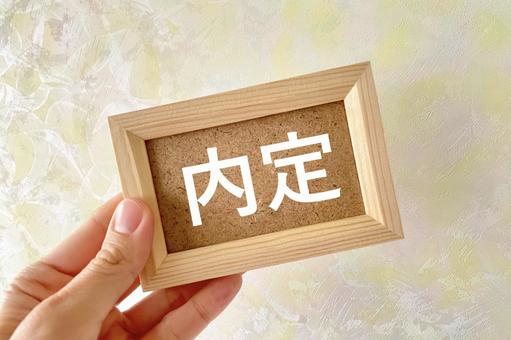2022.9.12
Japanese you should use in interviews

Read this article to study Japanese and get JLPT N1
This section provides detailed explanations of the words commonly used in interview and the proper way to use them in the workplace.
In fact, there are five major types of companies, and it is necessary to distinguish between them in each situation.
Kigyou / Onsha / Kisha / Heisha / Tousha
企業 御社 貴社 弊社 当社
There are 5 of them, so it’s very difficult…
However, the only vocabulary used in interview is Onsha, so it is good to memorize this only.
We will explain each in detail.
How to use each

企業・会社
The term “Kigyou” has the same meaning as “Kaisha“, but the Kigyou sounds larger than Kaisha. It is an image that there is a large Japanese company in the frame of a large company.
Japan’s only major business enterprise=Uniqlo Company Ltd. and Softbank Company Ltd.
Japan’s Small and Medium-Sized Enterprises =(Examples) “Nihongo kaisha”
御社・貴社
Onsha and Kisha are used to refer to the other party’s company.
Onsha: Used to mean “your company” in conversation with the other party.
Kisha: Used to mean “your company” in resume and e-mail correspondence.
When you are in a conversation with a interviewer, use Onsha when referring to the company you applied to.
For example, 「~なので御社を志望しました。」
Use kisha in the section of your resume where you write your reasons for applying for a job.
For example, 「~なので貴社を志望しました。」
当社・弊社
Tousha and Heisha are used to refer to a ompany that you are working in.
Tousha: Used to refer to a company you are working.
【私の会社は→当社は】
Heisha: This is a humble term to put a company you work in a lower position and your partner’s company in a higher position.
In situations where it is not necessary to be humble, such as speeches at company meetings or company websites, we use Tousha.
For example, 「当社の強みを活かした○○をしましょう。」
In sales business and in conversations with business partners, we use Heisha when we humble a company you work in and put the other company in a superior position.
For example, 「弊社のシステムを使っていただければ御社の業務効率も更に上がると思います。」
vocabulary used in interview

Let’s learn the meanings of the words commonly used in interviews and how to use them together.
By using these words in interviews, your Japanese language skills will be at a business level.
Also, you can use the example sentences in the interview process, so please try them out.
1、入社する
Joining a companyoining the company
今年の2月に入社します。
I will be joining the company in February of this year.
2、退職する
Resigning from a company
私は去年、会社を辞めました。
I quit my job last year.
3、転職する
Quitting your current company and joining a new company.
今の業務内容が私に合わなかったので、別の会社に転職したい。
I want to change jobs to another company because the work I am doing now does not suit me.
4、前職
The company where you worked in the past.
前職ではマーケティングの仕事をしていました。
In my previous job, I worked in marketing.
5、現職
The company at which you are currently working.
現職ではエンジニアの仕事をしています。
I am working as an engineer at my current job.
If you cannot remember 前職・現職, say the following
前職=前の会社では~。
現職=今の会社では~。
6、担当
The job you are doing.
私は自動車部品の設計を担当しています。
I am in charge of the design and manufacture of automotive parts.
7、経験
Work experience: work you have done in the past
前職では、設計だけでなくマネジメントなど、様々な経験をしてきました。
In my previous job, I had various experiences not only in design design but also in management.
8、貢献する
To be of service to the company or to the company’s employees
私の5年間の経験で貢献したいと考えております。
I would like to contribute my five years of experience to this project.
9、即戦力
Ability to work immediately due to experience.
これまで5年間エンジニアとして働いてきた経験があるので、即戦力として働けます。
I have 5 years of experience working as an engineer, so I am ready to work as an immediate asset to the company.
10. 活躍する
To engage in a great deal of activity and to produce results.
御社に入社できれば即戦力として活躍したいです。
I would like to join your company, and if possible, I would like to play an active role in the company as an immediate asset.
11, 挑戦
To take on new and fresh challenges.
エンジニアだけでなく、マネジメントにも挑戦したいです。
I would like to challenge not only engineering but also management.
12, 業務
Work duties
入社後は様々な業務に挑戦したいです。
After joining the company, I would like to challenge myself in a variety of different work tasks.
13, 専門
A specific specialized field of study.
私の専門は機械工学なので、即戦力として働けると思います。
I am a mechanical engineer by profession, so I am sure I can work as an immediate and effective worker.
Interview practice is the key to success

The words you use to find a job or change jobs are completely different from the words you use in everyday conversation.
Many business Japanese words are used in interview.
Understanding and using these words will bring your Japanese to a more business level.
However, it is necessary to be careful not to use business Japanese unnecessarily, as it will make it too difficult to use them.
Preparation and practice are very important for a successful interview.
Prepare your answers to the interviewer’s questions in advance.
In addition, practice interview questions at least 10 times, or as many times as possible.
You can memorize the answers to the questions by doing repeatedly.
Even if you have the skills and experience, there is no point if you cannot pass them on.
Make a strong appeal and win a job offer.

